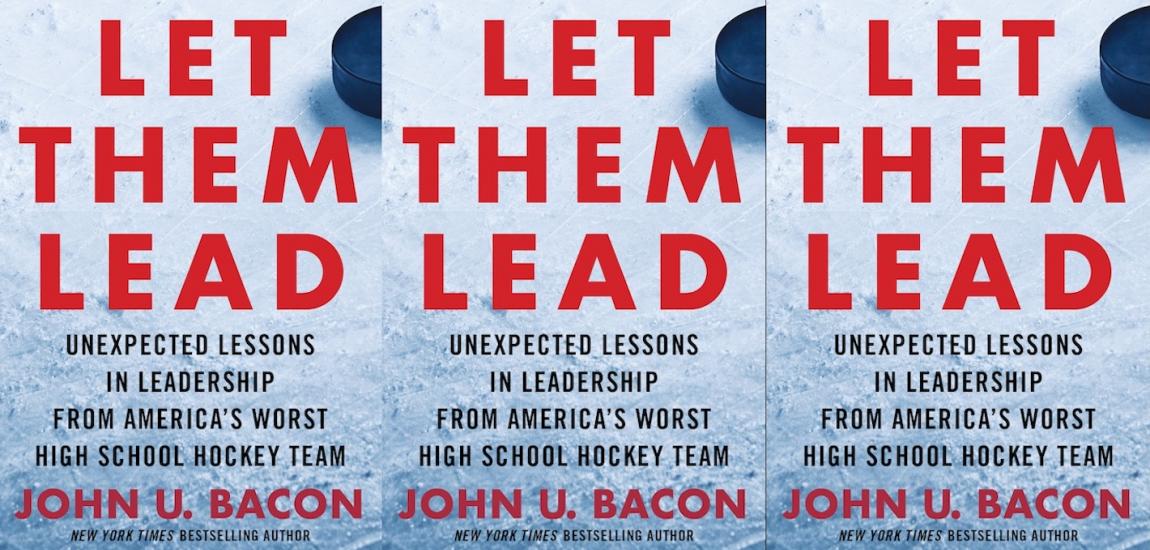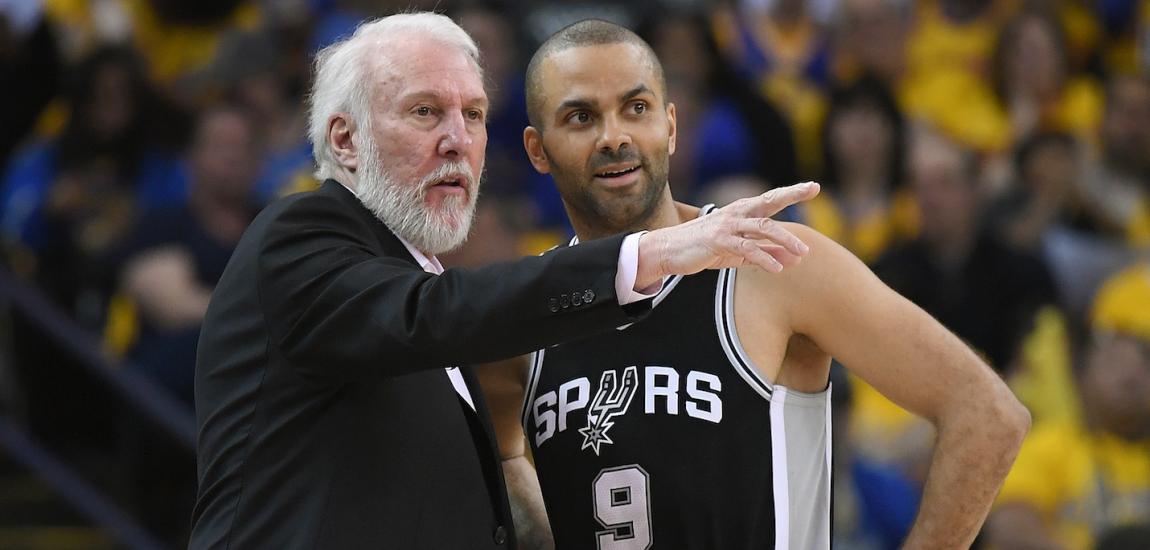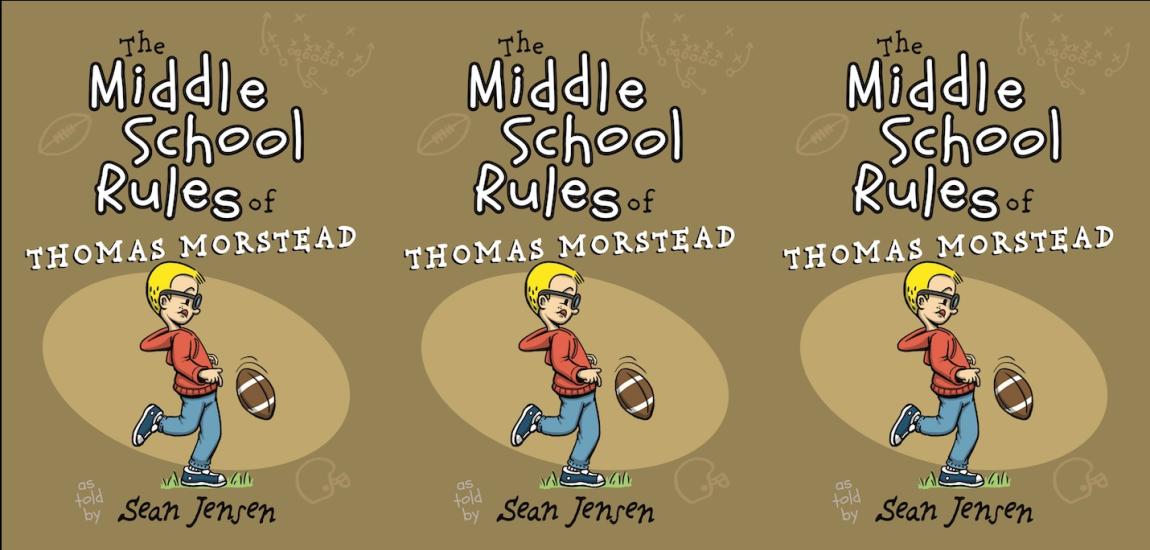Lawrence Taylor -- Hall of Fame player and consummate Giant -- teams up with William Wyatt to tell the stories of the Giants' most memorable players and coaches, including Bill Parcells, Ray Perkins, Carl Banks, Harry Carson, Phil Simms, Joe Morris and Gary Reasons in My Giant Life. Here's what LT has to say about his old defensive coordinator. Some guy named Belichick.
Bill Belichick is a pain in the ass -- a total pain in the ass. No smiling. Driest humor son-of-a-bitch you've ever seen. But that dog knows some football.
The one thing I can say about Belichick is on Sunday afternoon you want to be sitting right beside him. Any other day, you don't want to be near him. But Sunday afternoon, you want to be beside him because he knows what he's doing.
Belichick grew up seemingly destined to become a football coach. I mean, the apple doesn't fall far from the tree. 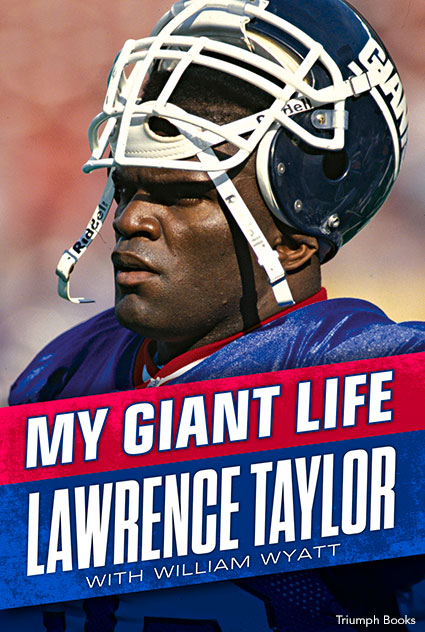
Bill's father, Steve, was a longtime college football scout and coach. He worked for 34 years at the U.S. Naval Academy. No surprise that Bill would study football with his father, who was not only a father but a coaching mentor. By the time he reached his teenage years, he understood football formations and how to attack defenses better than most coaches.
After graduating from Phillips Academy in Andover, Massachusetts, where he played football and lacrosse, Bill went to Wesleyan University and played football, lacrosse, and squash. Football at Wesleyan isn't going to get you to the next level, but Bill reached the next level when he graduated in 1975. Let's just say he reached the lowest level of the next level. Somehow he landed a job with the Baltimore Colts that paid him $25 a week. Basically, that job required him to do anything head coach Ted Marchibroda wanted. Subsequently, he worked with the Lions as the special teams coach and by 1978 he was the Broncos' assistant special teams coach and defensive assistant. He joined the Giants in 1979 under Ray Perkins, who was the head coach at the time.
Bill was the assistant special teams coach when I joined the team in 1981. I mean, that's something like a water boy. And he just rose up the next year to special teams coach, and the next year he became the linebackers coach. Then he was defensive coordinator. And when Bill Parcells named him defensive coordinator in 1985, I went into Parcells' office and I asked Bill if he was f------ crazy. Bill explained the situation to me by saying, "Listen, a lot of these defenses we've been running over the years, Bill Belichick designed," and so and so and such and such. And he convinced me eventually that Bill Belichick was the man for the job.
In Belichick's second year as the defensive coordinator in 1986, we had a smothering defense and went on to defeat the Broncos in the Super Bowl. 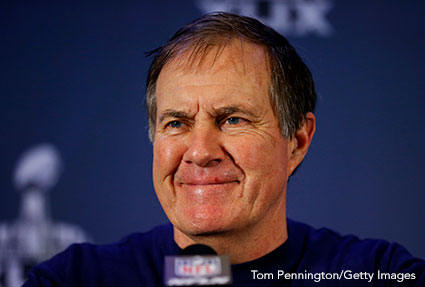 Bill thrived in the job. He used to tease me about falling asleep in his meetings. My response to that would always be the same: I had to sleep in his meetings because I couldn't sleep in Parcells'.
Bill thrived in the job. He used to tease me about falling asleep in his meetings. My response to that would always be the same: I had to sleep in his meetings because I couldn't sleep in Parcells'.
How good was Bill Belichick? All you have to do is check out the game plan he came up with before we played the Buffalo Bills in Super Bowl XXV.
Jim Kelly led the Bills' offense and they scored points like they were playing a video game. Most of the experts didn't give us a chance to win against them. I couldn't blame them. Hell, they'd scored 95 points in their two playoff games.
You looked at a team like the Buffalo Bills and the one thing that stood out about them was how quickly they would score. It seemed like every three minutes they were scoring a touchdown. We're talking a high-powered offense with four wide receivers, and they operated quickly with no-huddle stuff. None of the teams in the league could handle it.
Belichick came up with a plan where we had two down linemen and the rest were linebackers and defensive backs. We'd been the NFL's best defense against the rush that season. So part of him selling the plan to us was telling us we would win the game if Thurman Thomas gained over 100 yards. Crazy, right? He told us, "Don't worry about Thurman Thomas. You're not going to stop him from getting his yards. Let him get his yards. Fine; let him run. Let him run his ass off all day. We're just going to stop everybody else." And that's what we did.
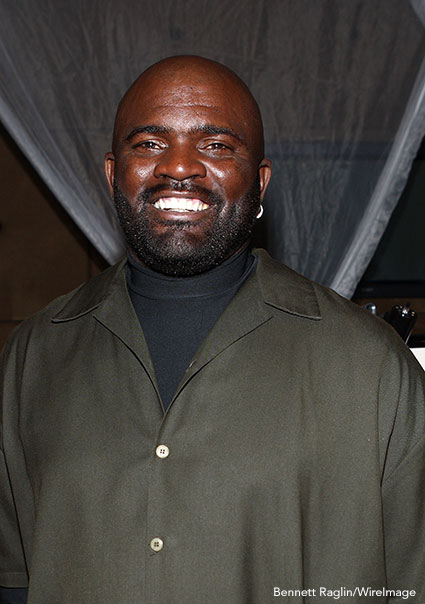 Kelly was really good, but Belichick didn't think he could read defenses like some of the other top quarterbacks in the league.
Kelly was really good, but Belichick didn't think he could read defenses like some of the other top quarterbacks in the league.
That defense Belichick put in shut down everybody else. Now, Thurman Thomas got his yards. He rushed for 100-plus yards. But back in those days, we played great in the red area. We could play the cover two better than people could play against the cover two. Once we got to the red area, opponents had to throw that ball -- but we weren't going to give them that much time to do it.
While the Bills gained 166 yards on the ground, they only managed to get 205 passing yards. Kelly completed just 18-of-30 passes and we came away with a 20-19 win.
Belichick's game plan from our Super Bowl victory now resides in the Pro Football Hall of Fame.
He left the Giants to become the Browns' head coach in 1991 and he coached there until he got fired following the 1995 season, just before they became the Baltimore Ravens. Talk about a bad decision for the Browns.
Belichick rejoined Parcells with the Patriots and then the Jets. That led to a bizarre occurrence in 1999 after Parcells decided to step down as the Jets head coach. Belichick had been earmarked to be the guy to succeed Parcells. But on the day the team introduced him as such to the media, he surprised everyone by resigning. I heard that he wrote a resignation letter on a piece of loose-leaf paper prior to stepping onto the podium. According to reports, the letter said: "I resign as HC of the NYJ."
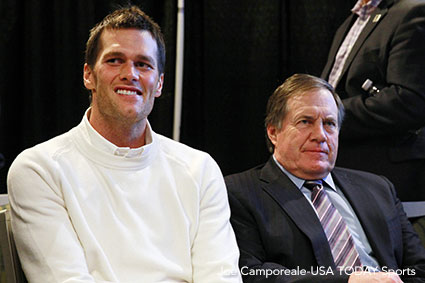 That proved to be a feeding frenzy for the New York media, particularly when he took the Patriots job shortly thereafter. The Patriots ended up having to surrender a first-round draft pick to the Jets in 2000 for their hiring of Belichick. That might be the best draft choice in NFL history -- certainly the best one the Patriots ever made. As luck would have it for the Patriots, they got a first-round-type selection in the sixth round of that draft. Ever heard of a fellow named Tom Brady?
That proved to be a feeding frenzy for the New York media, particularly when he took the Patriots job shortly thereafter. The Patriots ended up having to surrender a first-round draft pick to the Jets in 2000 for their hiring of Belichick. That might be the best draft choice in NFL history -- certainly the best one the Patriots ever made. As luck would have it for the Patriots, they got a first-round-type selection in the sixth round of that draft. Ever heard of a fellow named Tom Brady?
In Belichick's first season, the Patriots failed to make the playoffs after going 5–11. To date, that is his only losing season during his tenure as head coach. In 2001 the Patriots won their first of four Super Bowls under Belichick, who also led the team to two other Super Bowl appearances. Ironically, both of those losses came at the hands of the Giants.
Harry Carson said of Belichick: "We were skeptics initially, but he won us over and we bought into the system. As I listen to what the Patriots are saying, I say that's from the playbook of Belichick and Bill Parcells. It's about team. Don't say anything to make people angry. Don't give anybody anything to write about." 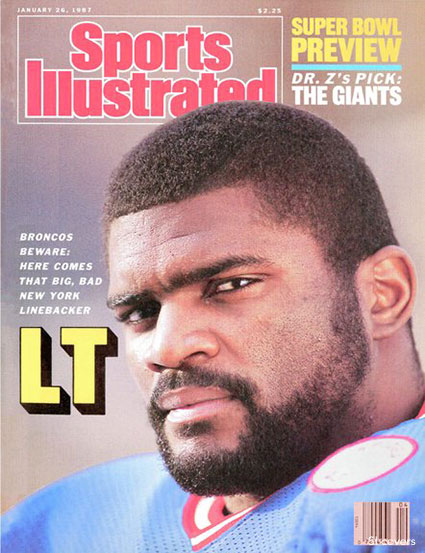
Belichick later credited a lot of his success to his experience coaching with the Giants and winning two Super Bowls. As he told ESPN.com, "It definitely helps to be in a big game and to have won them. You learn something every day, every game. Each year is a learning year, it is a long process. But having done it, then when you go, like to go to the Super Bowl in '01, having been there on a short week like we did, that was a short week, we went on a short week after the San Francisco game, you are not going in there blind."
He added that he knew what he was dealing with.
"I think that helps," he said. "And if you can convey that confidence to everybody else, look, I've been there, I know what we need to do, then maybe that comforts them a little bit. So there certainly is a lot of benefit to it." Prior to his Patriots facing the Giants in Super Bowl XLVI, Belichick talked glowingly about his "awesome" days with the Giants. "It was a great job," Belichick said. "It was awesome. I loved that job. I loved coaching the Giants defense. Being in New York, being a part of that great organization and those great players I had the opportunity to coach.
"In all honesty, I wasn't thinking then about if this was what I was going to do at some other point. We were trying to win there. We won in 1986, and it was a great year. We rebuilt the team, and we won again. I was consumed with that. I really just try to live in the moment."
He talked about the great staff the Giants had and the players.
"One of the biggest things I learned, that I can't do today, but I know, is how tough those players were," Belichick said. "We practiced every day in pads -- every single day in pads. There were years that we practiced every single day on the turf before we had the grass practice fields up there on the hill. We did 9-on-7 -- which is a good-tempo running drill -- on a regular basis. In training camp, we went out in pads every day. We hit every day. We did 9-on-7 every day. There was no way Bill [Parcells] would go out on the field without doing 9-on-7. We'd skip stretching before we'd skip 9-on-7."
Parcells, Belichick, LT, short shorts. This is pretty much the greatest football pic ever taken. pic.twitter.com/S7vg5M4
— SI Vault (@si_vault) August 26, 2011
Belichick stressed that the best thing he learned from his days with the Giants was that really good football players had one common element: toughness.
"When you get those guys crashing into each other -- Jumbo [Elliott] and Mark Bavaro blocking [Lawrence] Taylor, [Carl] Banks, [Jim] Burt, and all them -- they just lined up and played football," Belichick said. "I know it was a different era, but it will never be like that again. I learned players can be tough, they can be physical, they can do more than they think they can do."
-- Excerpted by permission from My Giant Life by Lawrence Taylor With William Wyatt. Copyright (c) 2016. Published by Triumph Books. All rights reserved. No part of this excerpt may be reproduced or reprinted without permission in writing from the publisher. Available for purchase from the publisher, Amazon and Barnes & Noble. Follow Lawrence Taylor on Twitter @LT_56.


